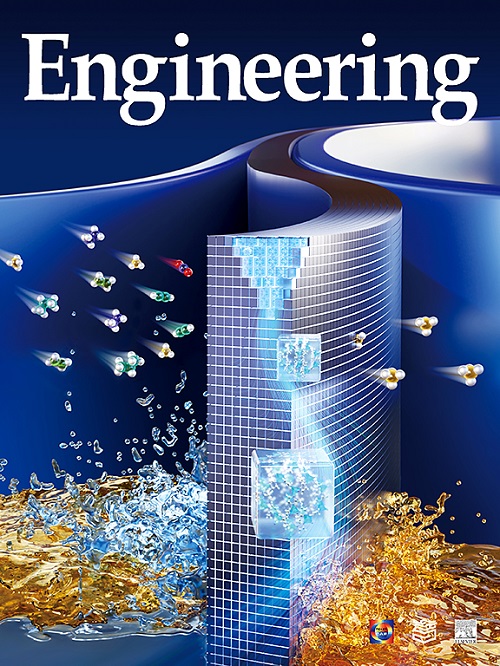Neural Network-Based Switching Output Regulation Control for High-Speed Nano-Positioning Stages
IF 10.1
1区 工程技术
Q1 ENGINEERING, MULTIDISCIPLINARY
引用次数: 0
Abstract
This study establishes a high-speed nano-positioning stage composed of a symmetrically driven structure with multiple parallel-bonded thin piezoelectric ceramic layers capable of performing micro- or nano-scale manipulations. Accordingly, a neural-network-based switching output regulation controller (NN-SORC) was developed to compensate for the associated hysteresis nonlinearity. To address the challenges of slow floating-point computation speeds and low compilation efficiency, a closed-loop control system with a field-programmable gate array–central processing unit (FPGA-CPU) dual-layer data-processing framework was developed. A feedback linearization method was designed to linearize the hysteresis nonlinearity of the framework, resulting in a switching-tracking error system. With the assistance of Lyapunov theory and an average dwell time technique, sufficient conditions were derived to ensure the asymptotic stability of the NN-SORC governing closed-loop system using the switching reference signals often encountered in realistic micro-/nano-scale detection and manufacturing processes. Finally, extensive comparative experiments were conducted to verify the effectiveness and superiority of the proposed NN-SORC scheme.基于神经网络的高速纳米定位平台开关输出调节控制
本研究建立了一种高速纳米定位平台,该平台由对称驱动结构和多个平行键合的薄压电陶瓷层组成,能够进行微纳米级的操作。为此,开发了一种基于神经网络的开关输出调节控制器(NN-SORC)来补偿相关的滞后非线性。针对浮点运算速度慢、编译效率低的问题,设计了一种采用现场可编程门阵列-中央处理器(FPGA-CPU)双层数据处理框架的闭环控制系统。设计了一种反馈线性化方法,对框架的滞后非线性进行线性化处理,得到了切换跟踪误差系统。利用李雅普诺夫理论和平均停留时间技术,推导了利用实际微/纳米尺度检测和制造过程中经常遇到的开关参考信号,保证NN-SORC控制闭环系统渐近稳定的充分条件。最后,进行了大量的对比实验,验证了所提出的NN-SORC方案的有效性和优越性。
本文章由计算机程序翻译,如有差异,请以英文原文为准。
求助全文
约1分钟内获得全文
求助全文
来源期刊

Engineering
Environmental Science-Environmental Engineering
自引率
1.60%
发文量
335
审稿时长
35 days
期刊介绍:
Engineering, an international open-access journal initiated by the Chinese Academy of Engineering (CAE) in 2015, serves as a distinguished platform for disseminating cutting-edge advancements in engineering R&D, sharing major research outputs, and highlighting key achievements worldwide. The journal's objectives encompass reporting progress in engineering science, fostering discussions on hot topics, addressing areas of interest, challenges, and prospects in engineering development, while considering human and environmental well-being and ethics in engineering. It aims to inspire breakthroughs and innovations with profound economic and social significance, propelling them to advanced international standards and transforming them into a new productive force. Ultimately, this endeavor seeks to bring about positive changes globally, benefit humanity, and shape a new future.
 求助内容:
求助内容: 应助结果提醒方式:
应助结果提醒方式:


